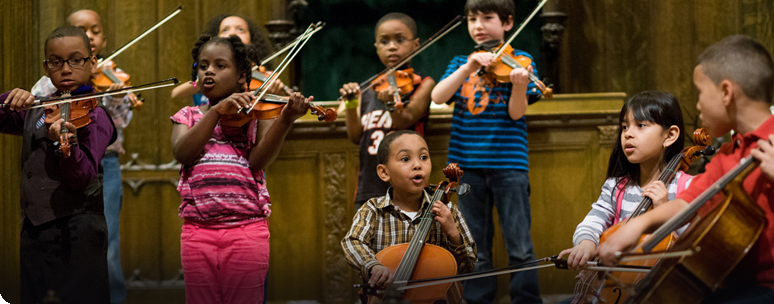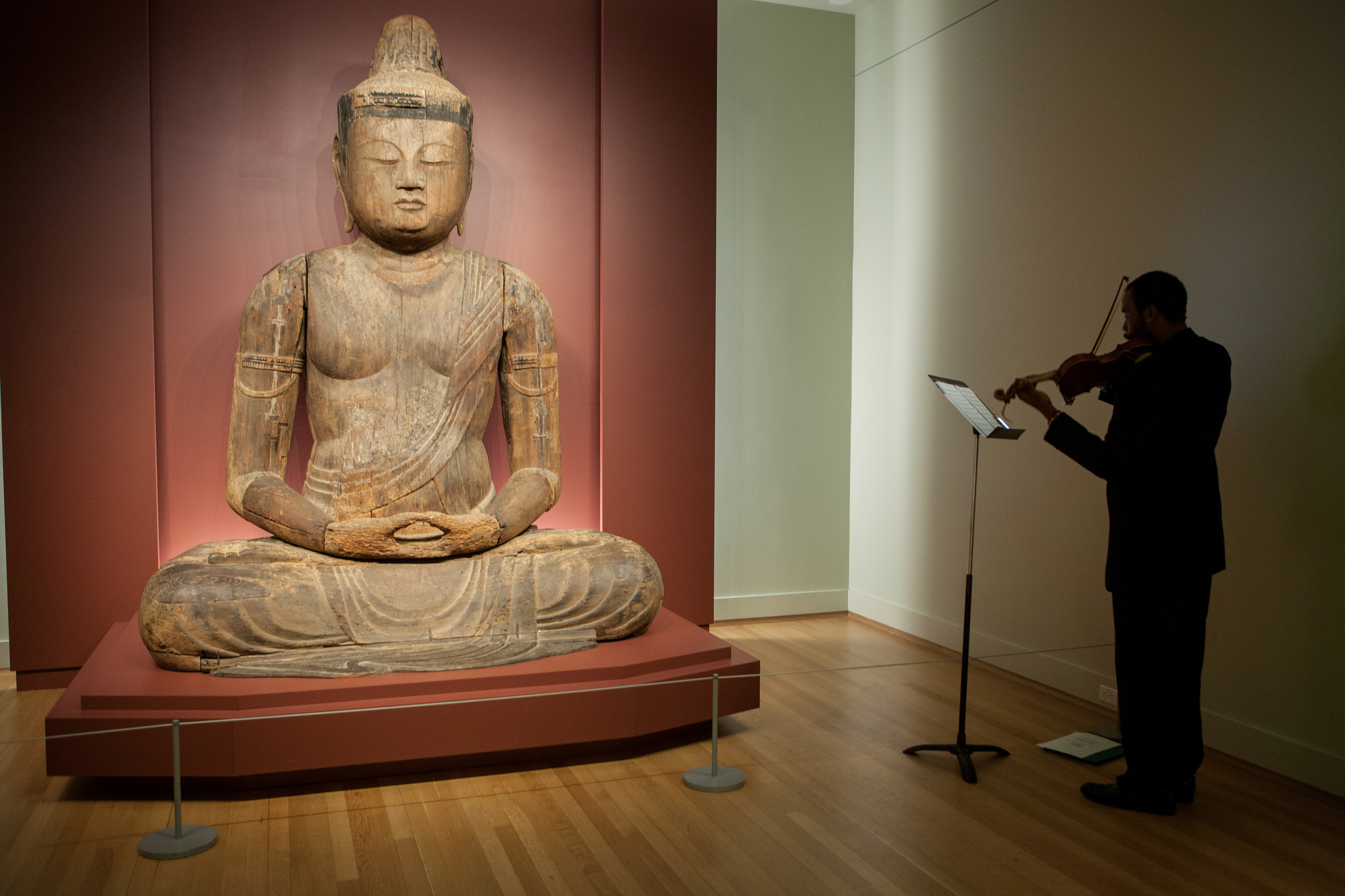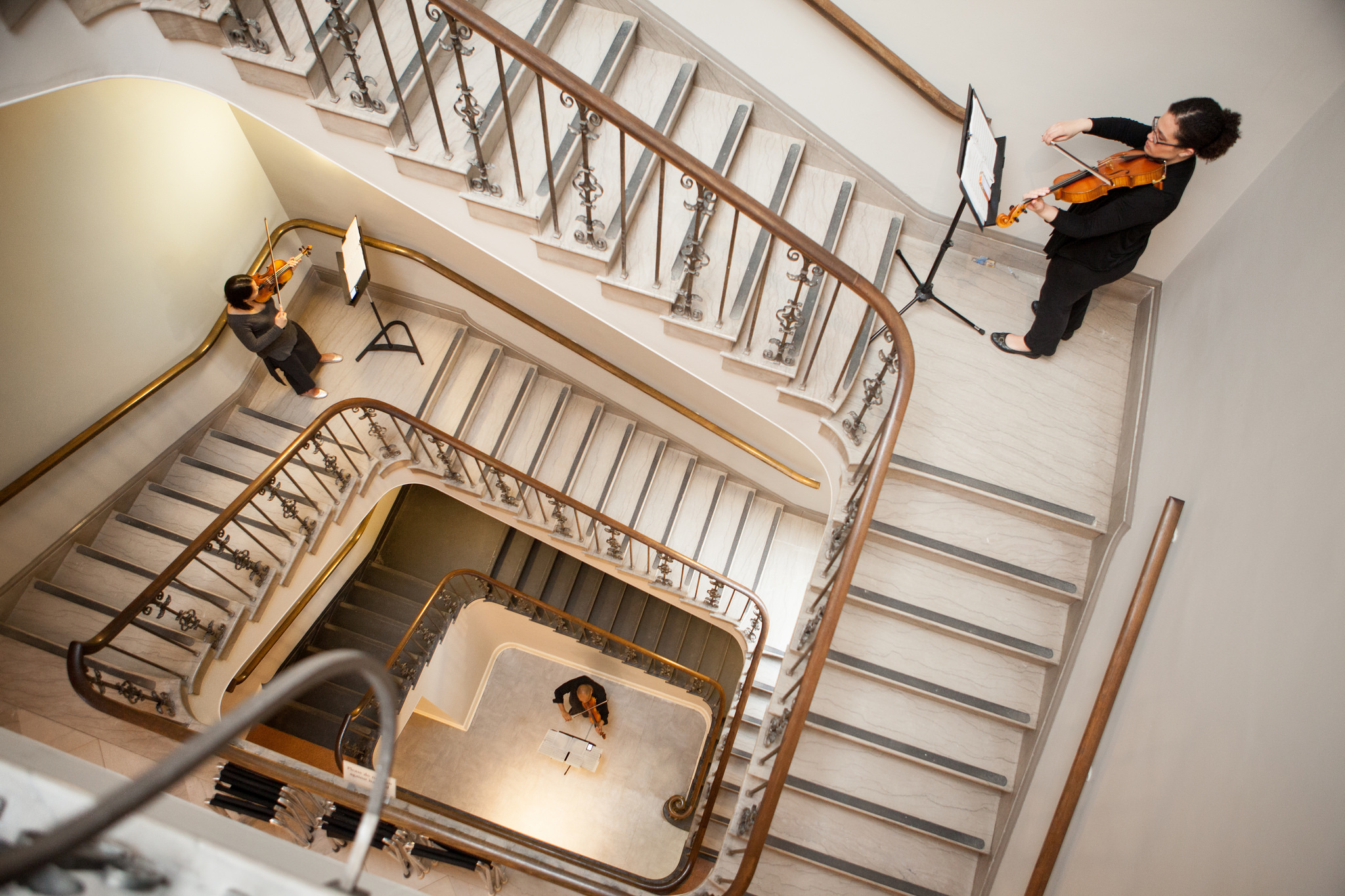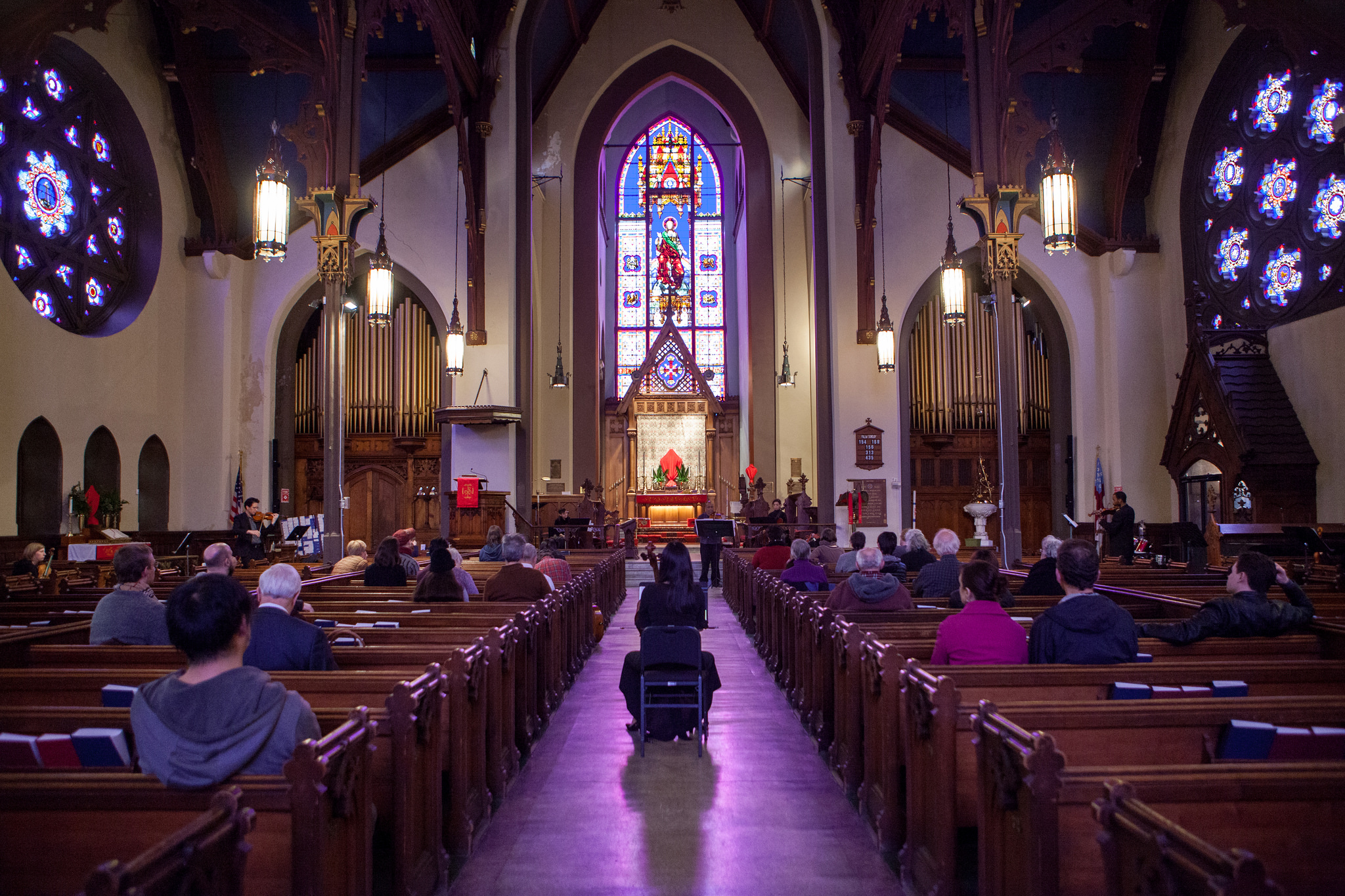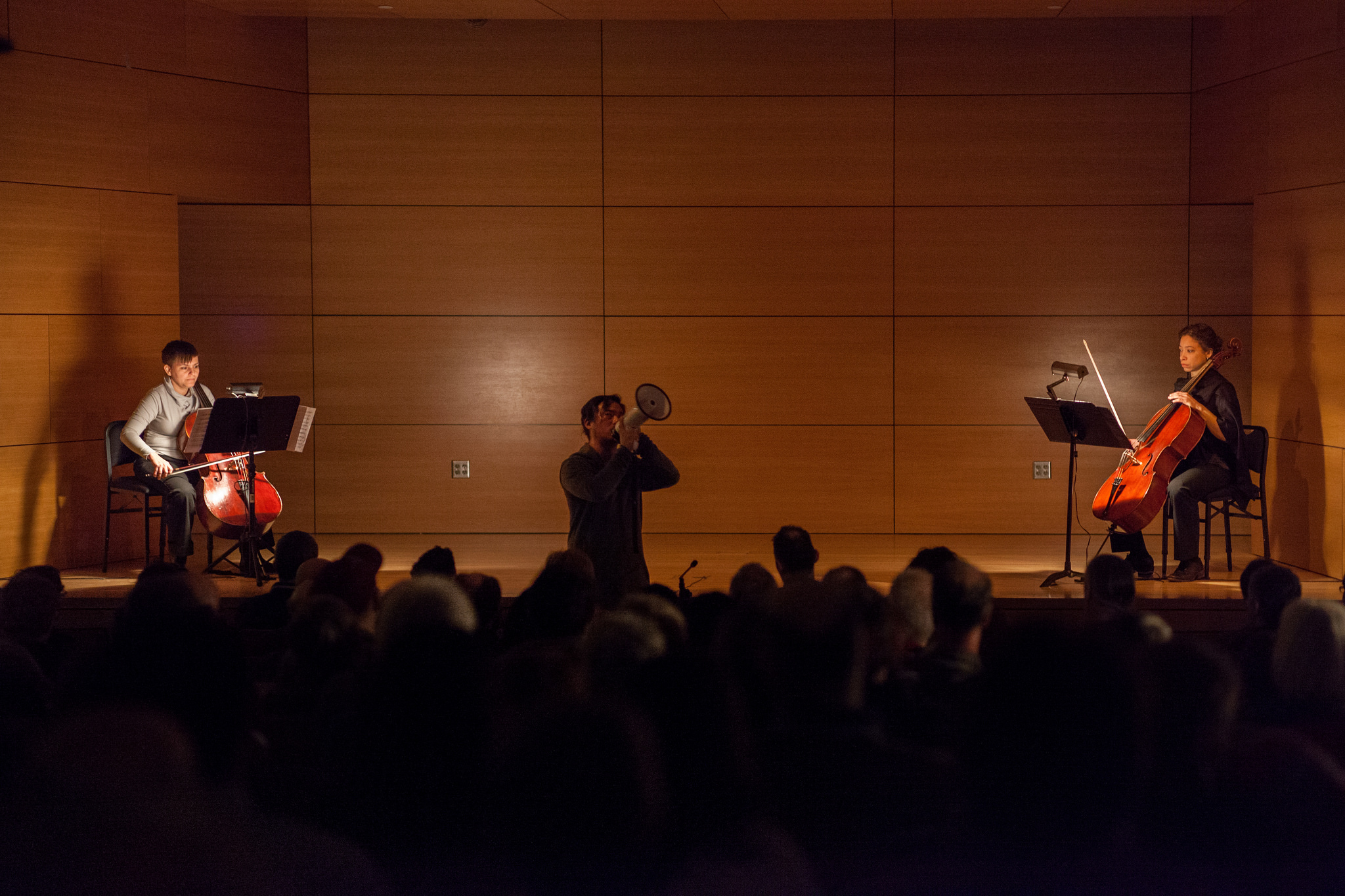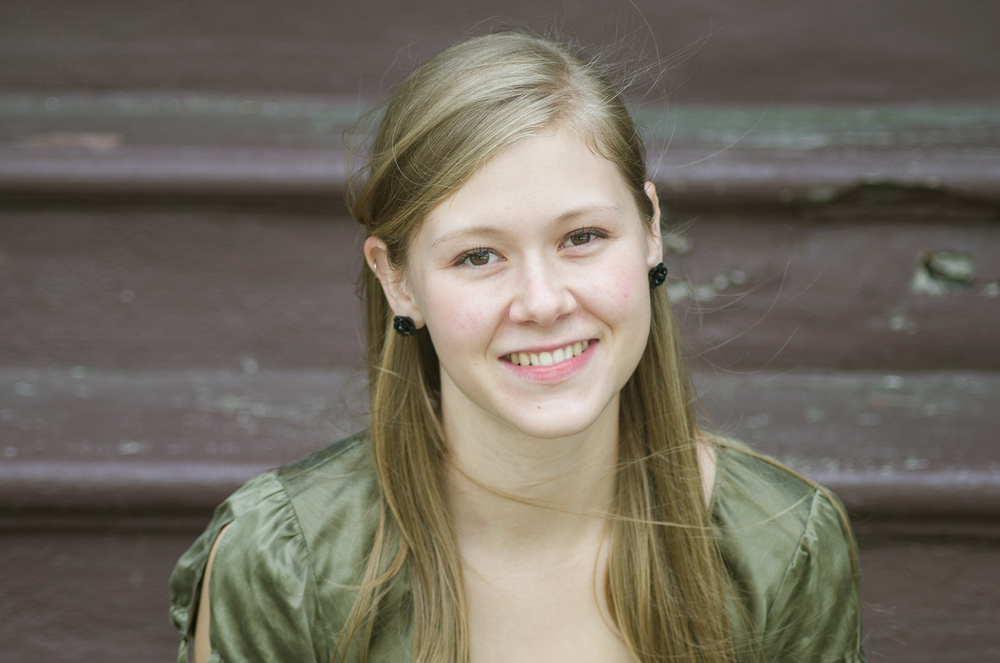
If you’re in New England right now, chances are it feels like winter will never end (even though it’s now “spring”). For me, that feeling is underscored by the knowledge that when the thaw comes, my time at CMW will be drawing to a close. I can’t quite wrap my head around the idea of saying goodbye to my students, my colleagues, and all my favorite places in Providence, but I’m also looking toward my next steps with a combination of excitement and trepidation.
This was a good time, then, for me to have the Alternative Models Seminar, both to work out what I want to do and why, and to have the opportunity to hear my colleagues speak and be touched and inspired by their passion, intelligence, and creativity. That last bit may sound cliché, but in reality it is impossible for me to overstate how important it has been to me to be around people who I admire so much and who constantly remind me of how much potential there is in the world.
For those who have never had a chance to hear what the Alternative Models Seminar is about, it is a forum for fellows to present their current thoughts on what their future work might look and/or how they might design a program—how it might build off of their experience at CMW and how it might be unique. A big part of it for me was sharing unanswered questions I have and challenges I’m wrestling with. A portion of the time is reserved for those listening to offer feedback and advice on what we’ve laid out.
For me, the second year was an opportunity to examine how my priorities and expectations had or had not changed over the course of a year spent working with my students and fellow teachers at CMW. This gets at a fundamental question of great importance to me right now: What have I learned from the fellowship and in what ways has the experience changed me? It’s too big of a question to ever answer fully, but this occasion offered me one little piece of the puzzle.
I came to CMW already with a strong belief in teaching philosophies and practices that are held dear here. Collaborative learning, open dialogue with students, developing a practice of critical thinking, space for creativity, and mutual respect are all elements of a learning environment that I value. I have been learning from my colleagues, my students, and from experience how to effectively integrate these into my work and I will continue to look for new ways for the rest of my teaching career.
One other idea, however, has really grown in my mind with the passage of time. As I work with students and reflect on their growth as well as my own path through life, I try to tease out what drew me to make a career in music and what has led me to the greatest sense of fulfillment and purpose in life and the most exciting and rewarding time with students. The seed of it seems to me to be in the experience of curiosity.
Young people today are born into a world where they have unprecedented access to the output of human society stretching from the current moment back to the beginning of written history and beyond. All this information, all these resources, though, mean very little without the skills to use them, to understand art and ideas from times and places other than one’s own, to delve into something complex and confusing and have the satisfaction of making some sense out of it. Like any skill, active curiosity takes practice to develop. The most meaningful time that I have had with students was in this process of questioning, exploring, and finding something together in the vast ocean of human creation that sparks in them the desire to know and understand. It is, after all, that same hunger that powers our innate drive for innovation, creation, and connection. My two years here have illustrated for me the power of these moments and I am determined to carry that forward, wherever my career takes me next.
–Rhiannon Banerdt, Violin Fellow ’13-’15
